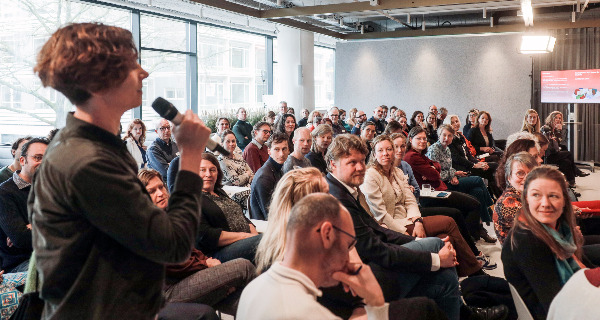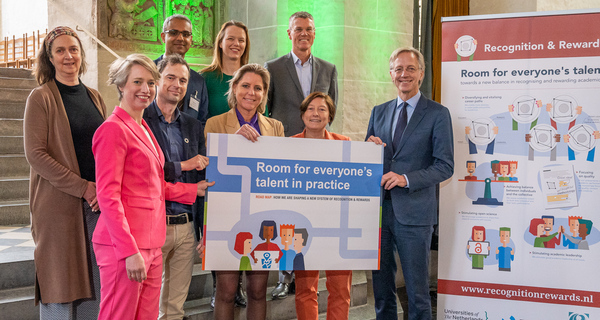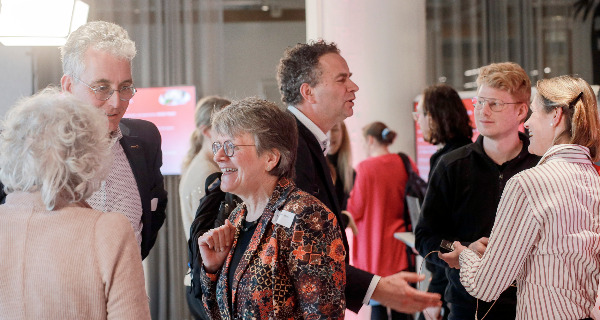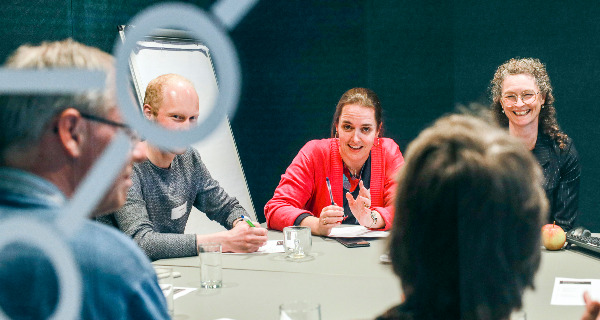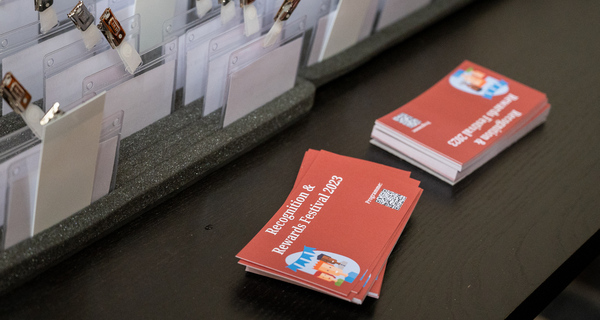Erkennen en Waarderen
Een wetenschapper heeft een gevarieerd en veelzijdig takenpakket. Naast kwaliteiten op het gebied van onderzoek en onderwijs vinden wij kwaliteiten zoals leiderschap, het creëren van maatschappelijke impact, creativiteit en deelnemen aan het publieke debat, ook erg belangrijk. Dit betekent zeker niet dat een wetenschapper op alle domeinen moet excelleren, maar we moedigen een diversiteit aan competenties wel aan om ruimte te geven aan ieders talent.
De wijze waarop academici erkend en gewaardeerd worden, moet hier recht aan doen. Om dit te realiseren, is een nieuwe manier van beoordelen van het werk van wetenschappers nodig om het beter aan te laten sluiten op de wensen vanuit kennis- en onderwijsinstellingen en de samenleving. Dit inzicht wordt gedeeld door alle Nederlandse universiteiten onder de programmatitel Erkennen en Waarderen.
Cultuurbarometer
Cultuurbarometer
Resultaten Erkennen & Waarderen cultuurbarometer bieden houvast voor verdere uitvoering van het veranderprogramma.
Vijf RUG routes
Welke route kies jij?
Binnen de RUG is de commissie Erkennen en Waarderen ingesteld om stappen te zetten op weg naar het erkennen en waarderen van dit bredere pakket aan kwaliteiten en taken binnen de organisatie.

